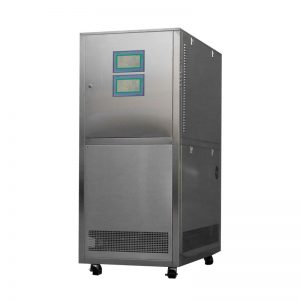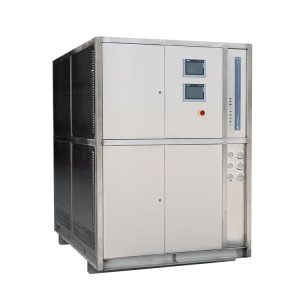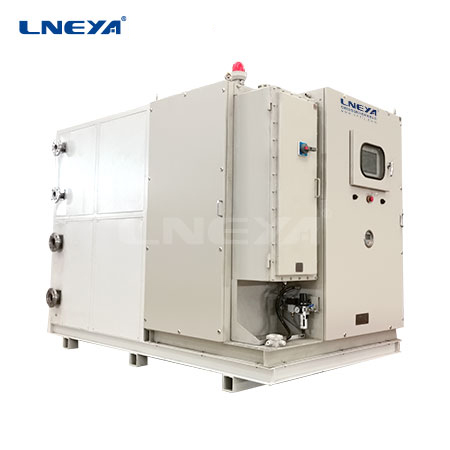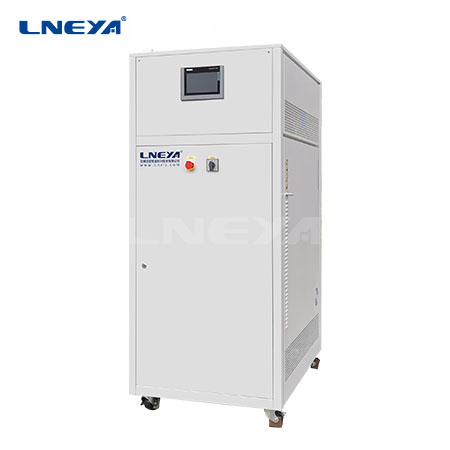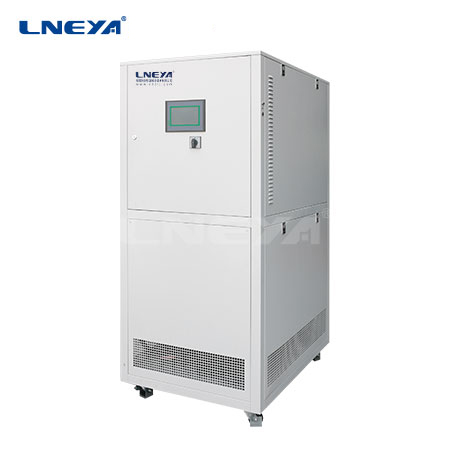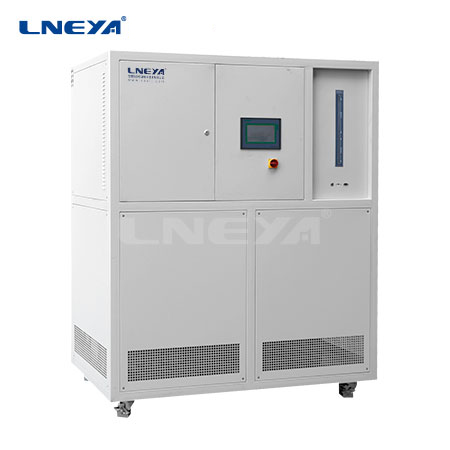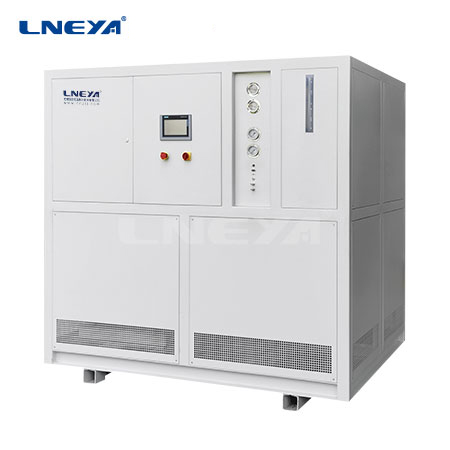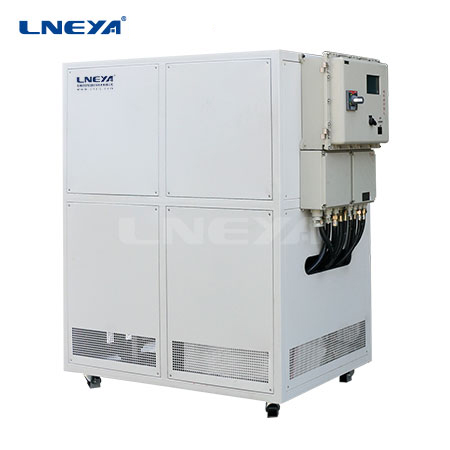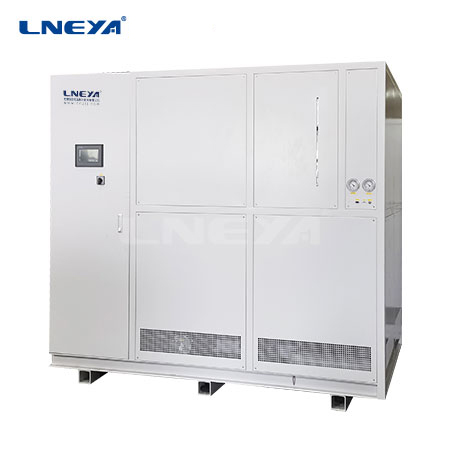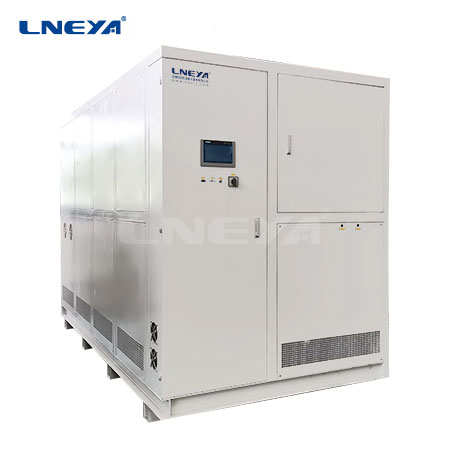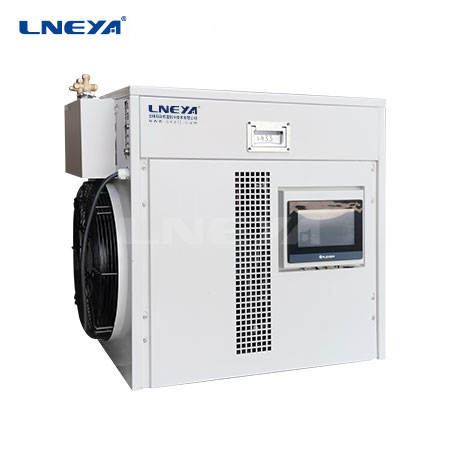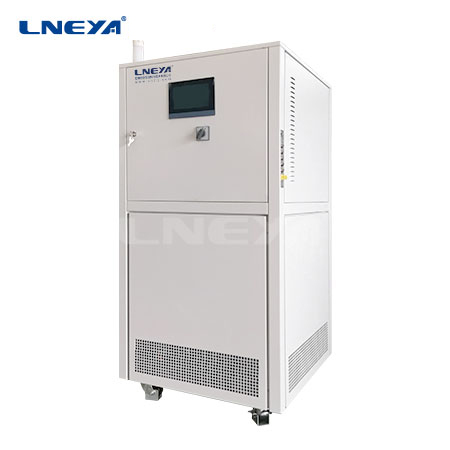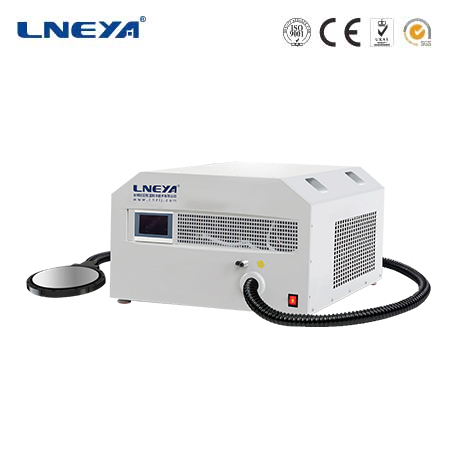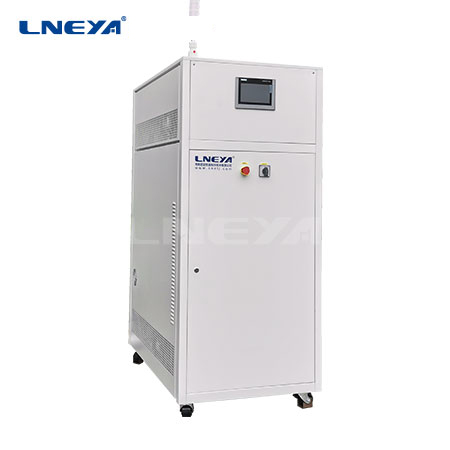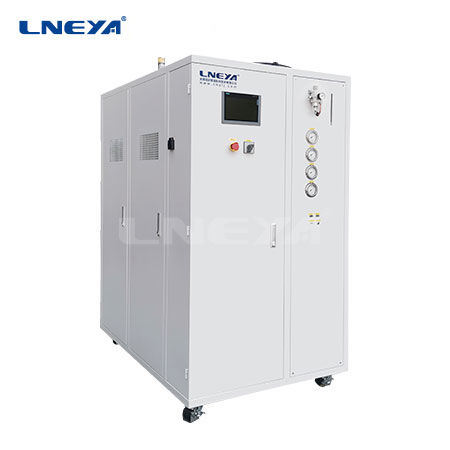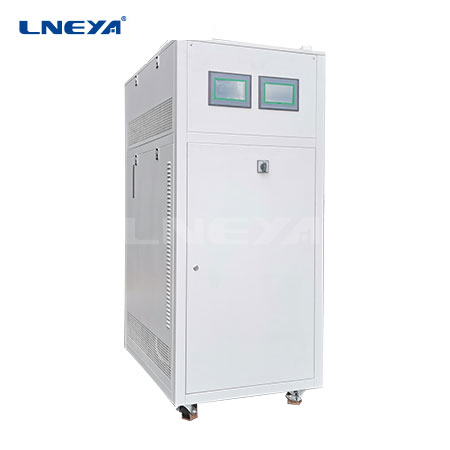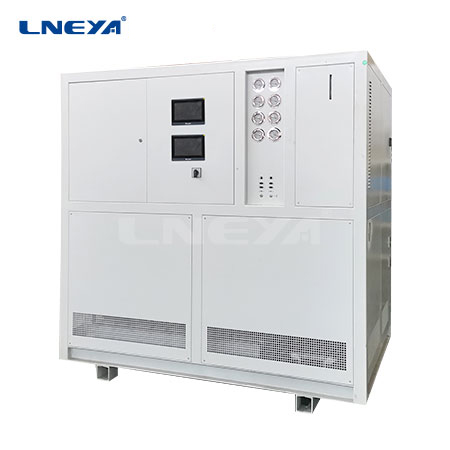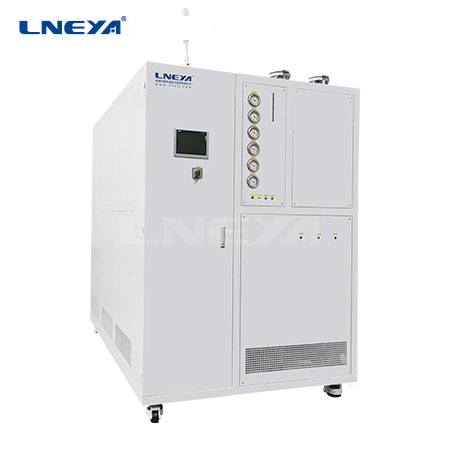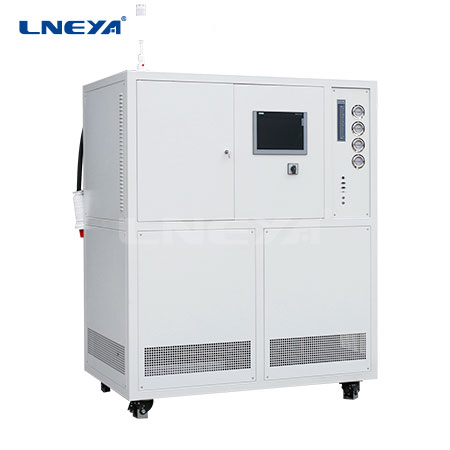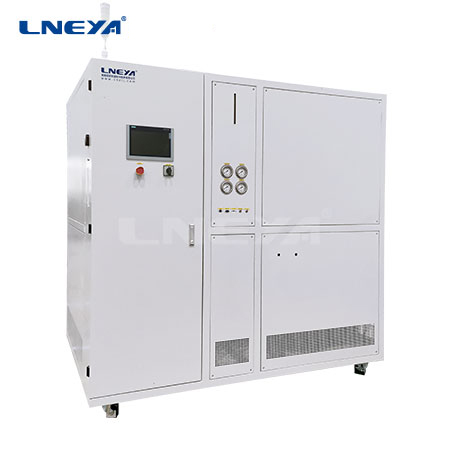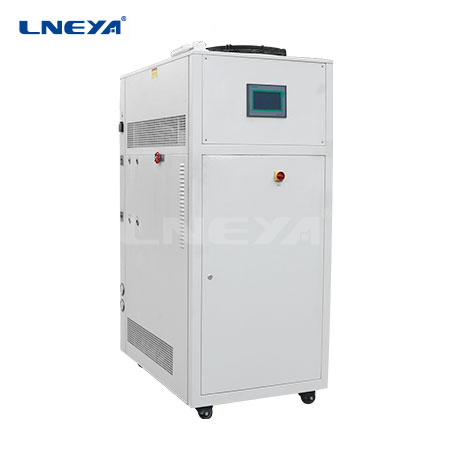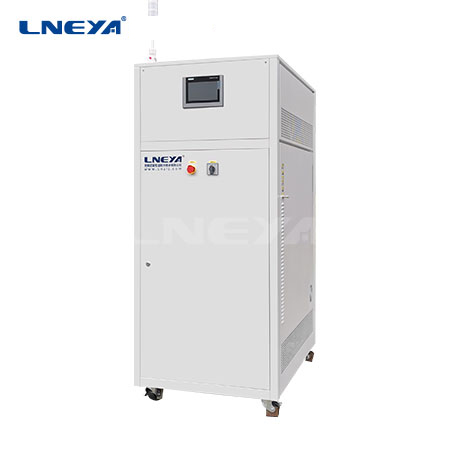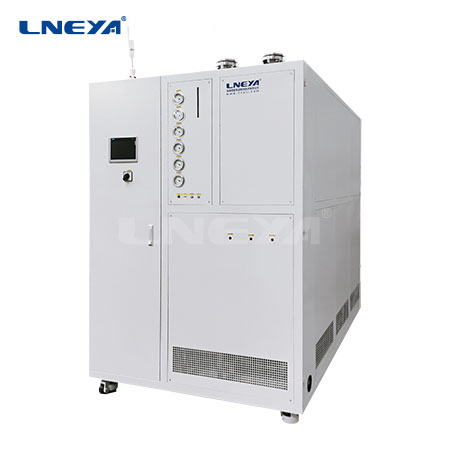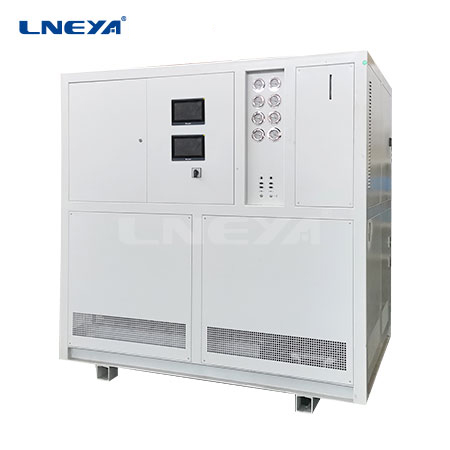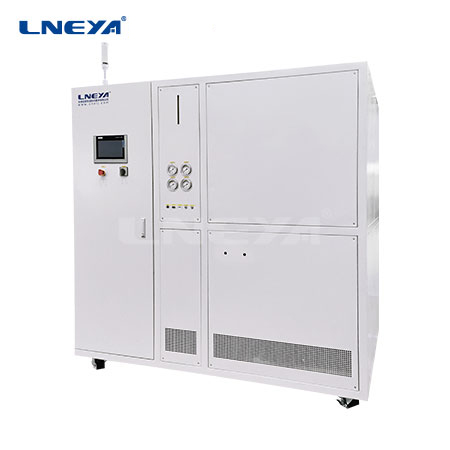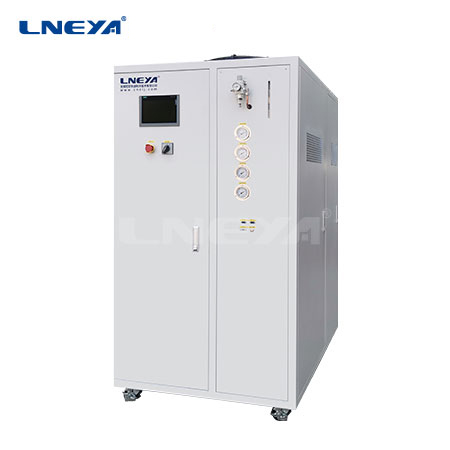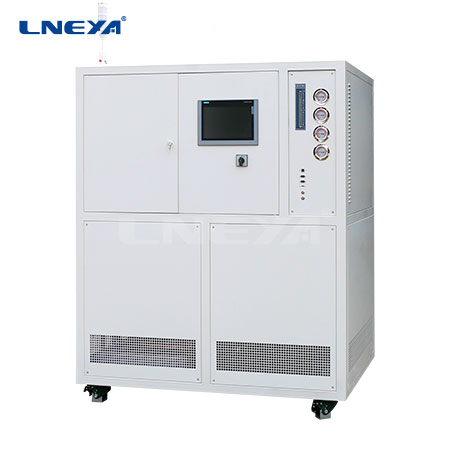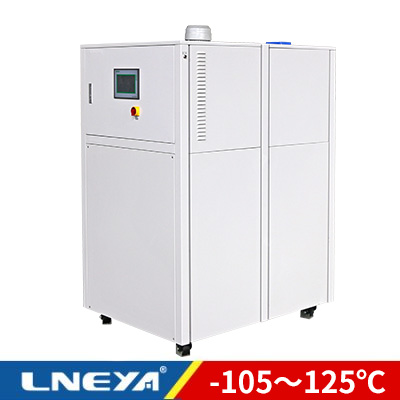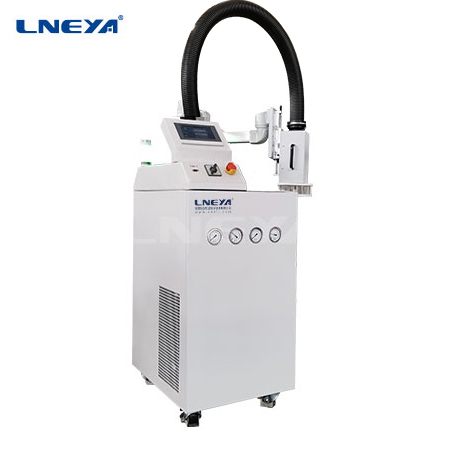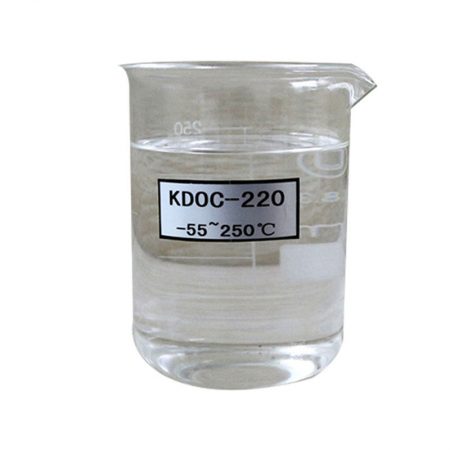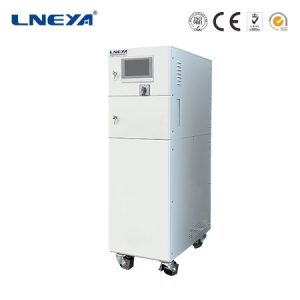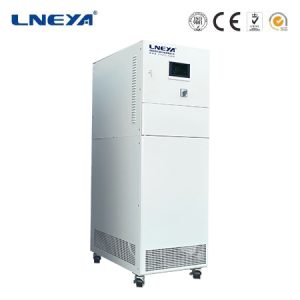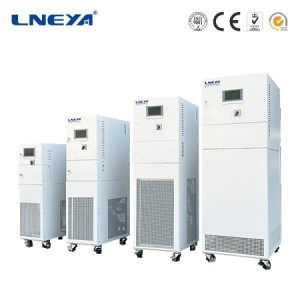The Comprehensive Guide to Chiller Packages
Chiller packages are integral to numerous industrial and commercial processes where temperature control is paramount. These compact and self-contained systems are designed to cool fluids or dehumidify air, ensuring optimal operating conditions and product quality. This guide delves into the definition, applications, technical specifications, and market presence of chiller packages, offering insights into their importance in various sectors.

Definition of Chiller Packages
A chiller package is a complete refrigeration system that includes a condensing unit, tank, and pump, all built into a single cabinet. These systems are designed to remove heat from a liquid or space and transfer it to a cooling medium, such as air or water, thereby lowering the temperature of the area or object being cooled. Chiller packages can be either air-cooled or water-cooled, depending on the heat rejection method.
Applications of Chiller Packages
Chiller packages find extensive use across various industries due to their versatility and efficiency:
Industrial Processes: They are used in processes such as plastic molding, pharmaceutical manufacturing, and food processing where consistent cooling is essential for quality control and efficient production.
Air Conditioning: Chiller packages are ubiquitous in air conditioning systems for commercial buildings, shopping malls, data centers, and residential complexes to cool and dehumidify air.
Data Centers: They regulate the temperature in data centers housing numerous servers generating substantial heat, ensuring the seamless operation of critical data infrastructure.
Medical Applications: Chiller packages are used for medical imaging equipment, laboratories, and pharmaceutical storage where precise temperature control is vital.
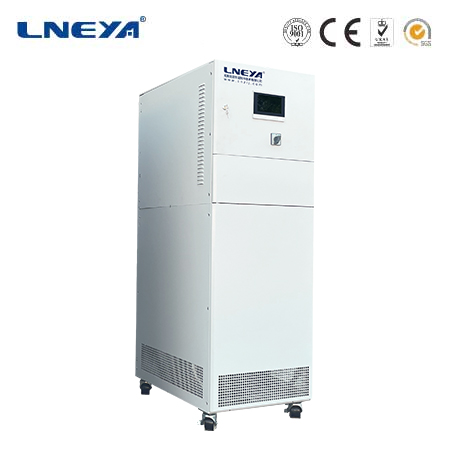
Technical Specifications of Chiller Packages
Chiller packages are available with various technical specifications to cater to different cooling requirements:
Cooling Capacity: The capacity can range from a few kilowatts to several megawatts, depending on the application.
Type of Cooling: Chiller packages can be air-cooled, which use ambient air to dissipate heat, or water-cooled, which rely on a separate cooling tower or water source.
Refrigerant Used: Chiller packages may use environmentally friendly refrigerants like HFC-134a, which have low ozone depletion potential and global warming potential.
Control Systems: Modern chiller packages come with advanced control systems for precise temperature regulation and energy efficiency.
Energy Efficiency: High efficiency is achieved through features like variable frequency drives (VFDs) and economizer designs in water-cooled chillers.

Market Presence of Chiller Packages
The market for chiller packages is robust, with several manufacturers offering customized solutions for specific industry needs. Companies like Carrier, Thermonics, and Maruyama Chillers are key players in this market, providing a variety of chiller packages with different specifications and capabilities. These companies cater to the diverse requirements of industries worldwide, ensuring that there is a chiller package suitable for every application.
Conclusion
Chiller packages are indispensable in numerous industrial and commercial applications due to their ability to provide efficient and precise cooling. They play a significant role in optimizing process efficiency, ensuring product quality, and maintaining comfortable environments. As industries continue to seek ways to improve their operations and stay competitive, the demand for chiller packages is expected to grow, driving innovation and development in this sector.
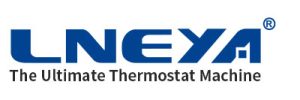 LNEYA
LNEYA
 简体中文
简体中文










